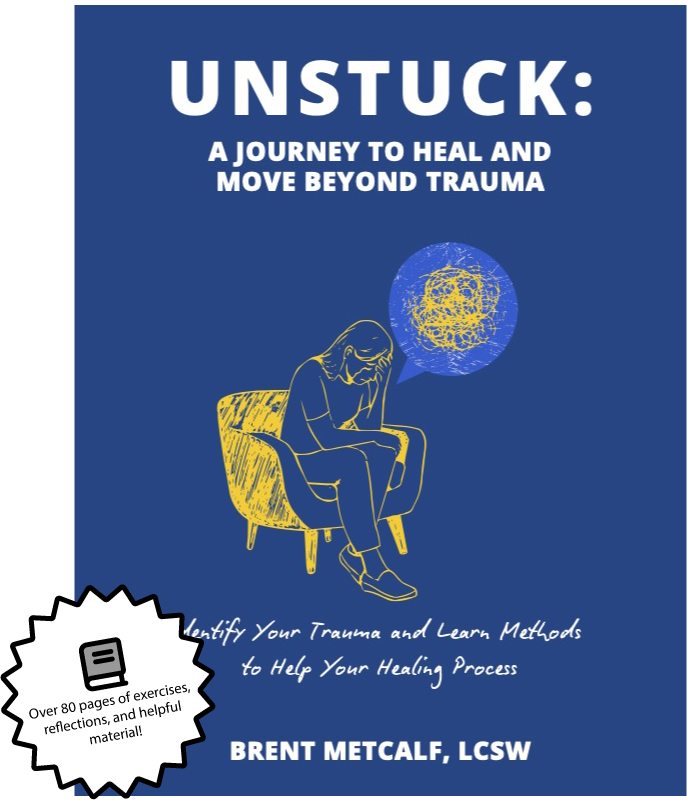4 Big Reasons Why Trauma Therapy Might Be Right for You (No Matter How Big or Small the Trauma)
Category: Anxiety // Depression // Trauma
Understanding trauma therapy involves realizing that trauma itself can be complex.

Topic Of Discussion
To many, trauma seems tricky. The word itself might bring to mind the most dramatic episodes of your favorite medical show or the saddest chapters of your history books. In other words, society has taught us to associate trauma with big, obvious emotional challenges – and it’s not that those traumas are not, in fact, major traumas. That said, traumatic experiences aren’t always big in the sense many of us have come to understand them. Sometimes, trauma stems from a variety of factors and manifests itself in different ways.
Read on to understand the benefits of trauma therapy, no matter how big or small the trauma.
1. Trauma comes in different forms
Different life experiences = different traumas. No two people’s lives are the same, so no two people can expect to experience the exact same trauma, or to have experienced it in the exact same way. Sure, your trauma might naturally be similar to those you’ve shared life experiences with (family, friends, co-workers, etc.,) but, even then, it’s important to remember that…
2. Trauma affects everyone differently
…any number of factors might come into play when considering how trauma affects different individuals. Are you the oldest sibling? Single? Married for 25 years? Have you spent time in combat? Do you deal with difficult customers every day? No matter your experience, it’s valid in considering your trauma, and your individual experiences will influence how you experience your traumas. What might cause a panic attack for one person, might cause another to emotionally shut down…and that doesn’t necessarily make one trauma bigger than another (or one person tougher than the other!) Individual factors = different effects of similar traumas.
3. Trauma is a root cause of many mental and physical health issues
No matter the life experiences and individual factors that might be at play, one thing is certain: getting in touch with your trauma can heal a number of different mental and physical challenges. Experiencing any of the following may be a sign of unresolved trauma:
- Intrusive thoughts
- Impatience or a short temper
- Troubling memories or dreams
- Being easily frightened or startled
- Avoiding situations that remind you of the trauma
- Mood swings
- Trouble sleeping
- Debilitating fear or anger when faced with a similar situation that caused the trauma
4. Trauma affects the way we see ourselves
Finally, and maybe most importantly, the link between trauma and self-image can be profound. To put it simply, It’s hard to face the world when it’s getting you down. Processing trauma can help you change the way you see your environment, your relationships, and ultimately yourself.
Wrapping it up
With this considered, trauma therapy can be an important act of self-compassion that our therapists at Tri-Star Counseling are ready to receive with compassion. If you’re struggling, reach out, knowing that help is available and healing from trauma is possible.
Identify Your Trauma Learn Methods to Help Heal Start Your Healing Journey Today!
The UNSTUCK workbook is designed to help you move beyond trauma by answering key questions like, Can you get stuck at the age your trauma happened? Through guided exercises, you’ll explore different types of trauma and break free from patterns holding you back. Take the next step in your healing journey today!



